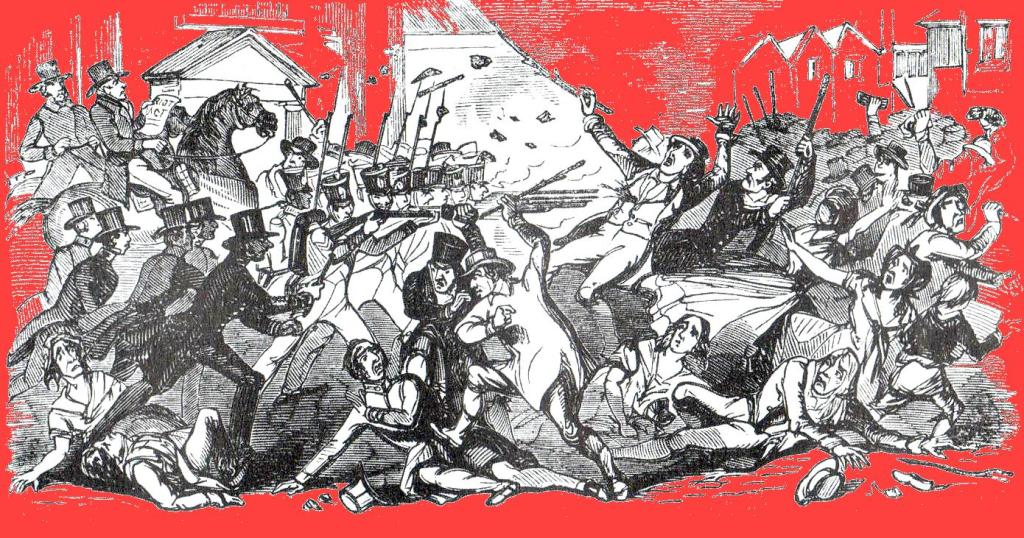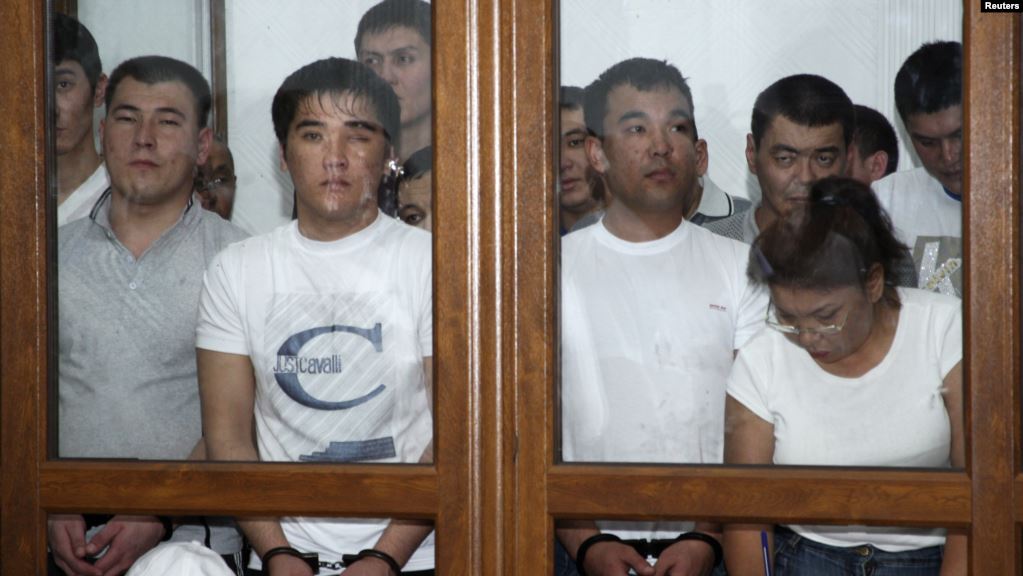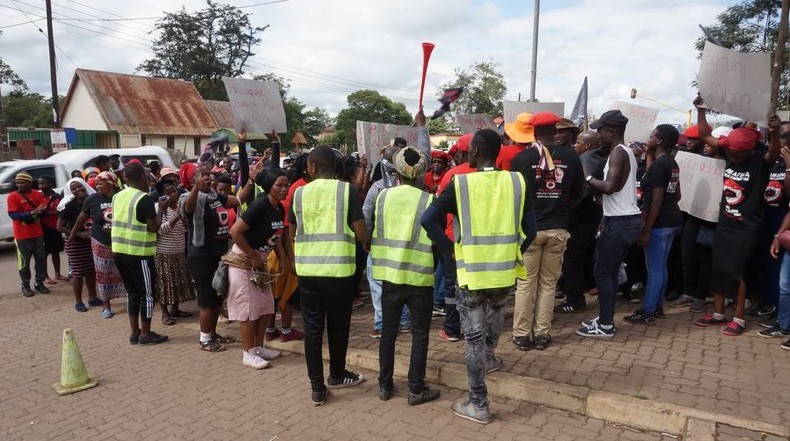A response by Larry Lohmann to the article How Energy was Commodified, and How it Could be Decommodified
The way that industrial capitalism and 19th-century thermodynamic energy – the energy we talk about today – have constituted each other, and what this means for political movements, is something that colleagues and I been struggling to understand, off and on, for many years. So Simon Pirani’s paper How Energy was Commodified, and How it could be Decommodified, was extremely stimulating for me.
I share Simon’s view that understanding energy as commodity and as commons is crucial for the struggles ahead. But his paper also reawakened a certain uneasiness about the way issues of “energy democracy” and “energy justice” are typically framed by the left, especially in the global North.

Usually I abbreviate this unease by saying that the issue cannot be only that the distribution of energy is unjust or undemocratic (which it is). Or that structures of extraction, production, distribution, access, governance, planning and use of energy are unjust and undemocratic (which they are). There has to be a lot more. And that without taking account of this “more”, the best-intentioned efforts to address these distributional/administrative/governance/cultural types of issue are eventually going to come to grief (or already have).
Simon’s work helps pin down what some of this “more” is – namely that energy, when treated as a commodity, is always going to have these issues, and that the further step of searching out and linking together existing and potential moves toward energy-as-commons ought to be more integrated into popular strategy.
Read the rest of this entry »


 Posted by peoplenature123
Posted by peoplenature123 
